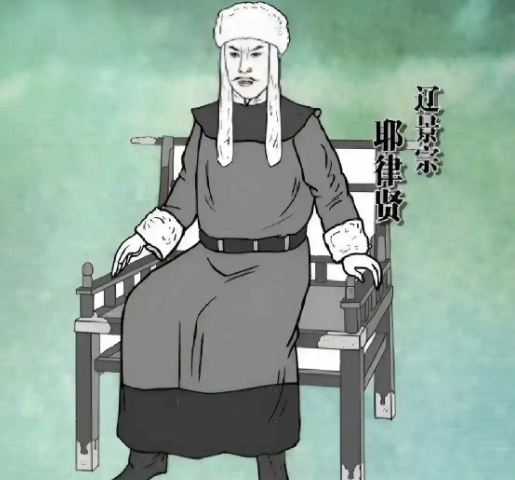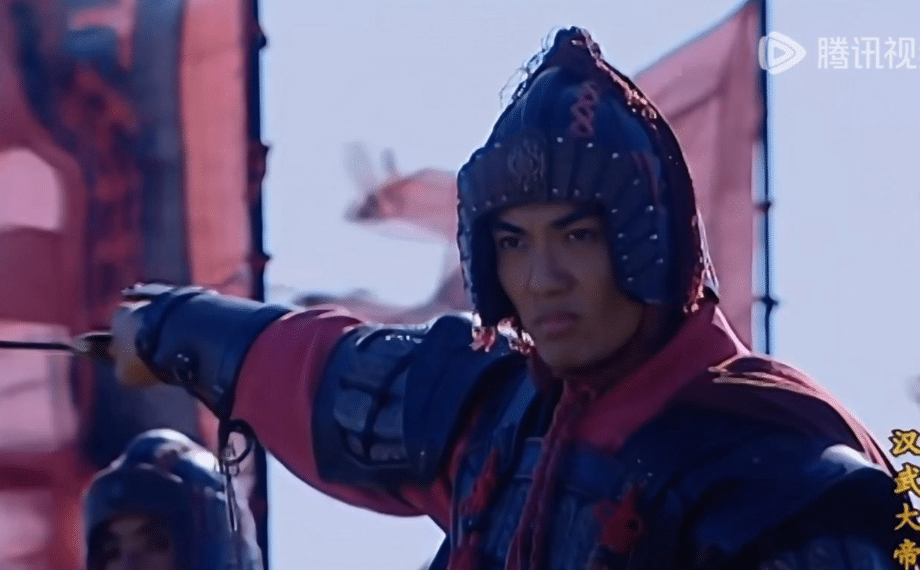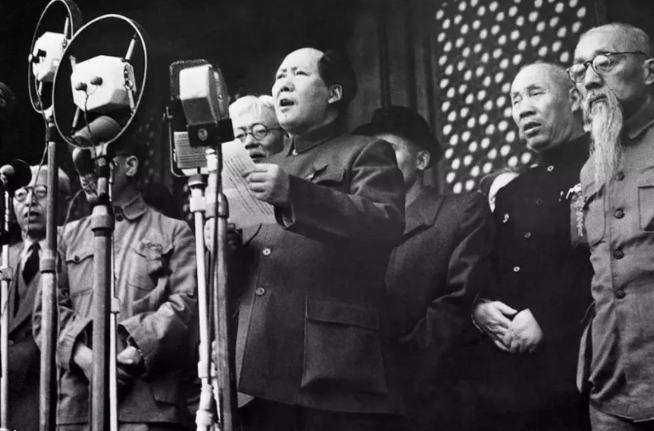Liao Jingzong Yelu Xian (948-982), a Khitan emperor who ascended at 22 despite frail health, revived the Liao Dynasty from turmoil. Surviving a coup at age 4, he reformed governance, bolstered the military, and fostered Han-Khitan unity, ushering in a golden era. Ruling from 969-982, he quelled rebellions, allied with Song, and promoted agriculture, boosting GDP and population. His wisdom, despite illness, made him a model ruler. Explore Yelu Xian’s legendary life and lasting legacy.
Early Life: Surviving Chaos
Born in 948 as Yelu Xianning, Yelu Xian lost his father, Emperor Shizong, in a 951 coup at age 4, hiding in hay to survive. Raised in the palace under Emperor Muzong’s tyrannical rule, he witnessed the dynasty’s decline—internal strife, rebellions, and economic woes.
By 969, Muzong’s assassination created a power vacuum. Supported by ministers like Xiao Siwen, Yelu Xian ascended, adopting the title “Tianzan Emperor” and era name “Baoning.” His early reign focused on stability amid threats.
Reforms: Reviving the Empire
Yelu Xian reformed bureaucracy, appointing Han officials to centralize power and curb corruption. He rewarded loyalty and punished inefficiency, revitalizing administration. Economically, he promoted farming and animal husbandry, increasing GDP and population stability.
Culturally, he advanced education, integrating Han customs to foster unity. His inclusive policies strengthened Khitan-Han ties, laying foundations for prosperity.
Military and Diplomatic Triumphs
Facing rebellions, Yelu Xian quelled uprisings with strategic alliances and force, securing borders. He maintained peace with Song, signing 974 agreements to avoid wars, focusing on internal growth.
Despite health issues, his courage in crises earned respect. His reign saw military modernization, enhancing Liao’s defenses.
Legacy: A Mid-Revival Monument
Yelu Xian’s 13-year rule marked Liao’s revival, with economic growth and stability. Historians praise him as a wise leader, comparable to Taizong. His son, Shengzong, continued his policies.
Rolled anecdotes: Yelu Xian educated his children personally, and his fair dealings with ministers built loyalty. His death at 35 was a loss, but his reforms endured.
Conclusion
Yelu Xian’s frail body belied his strong will, reviving Liao through reforms and wisdom. His legacy inspires resilience. Discover how this emperor shaped history!



